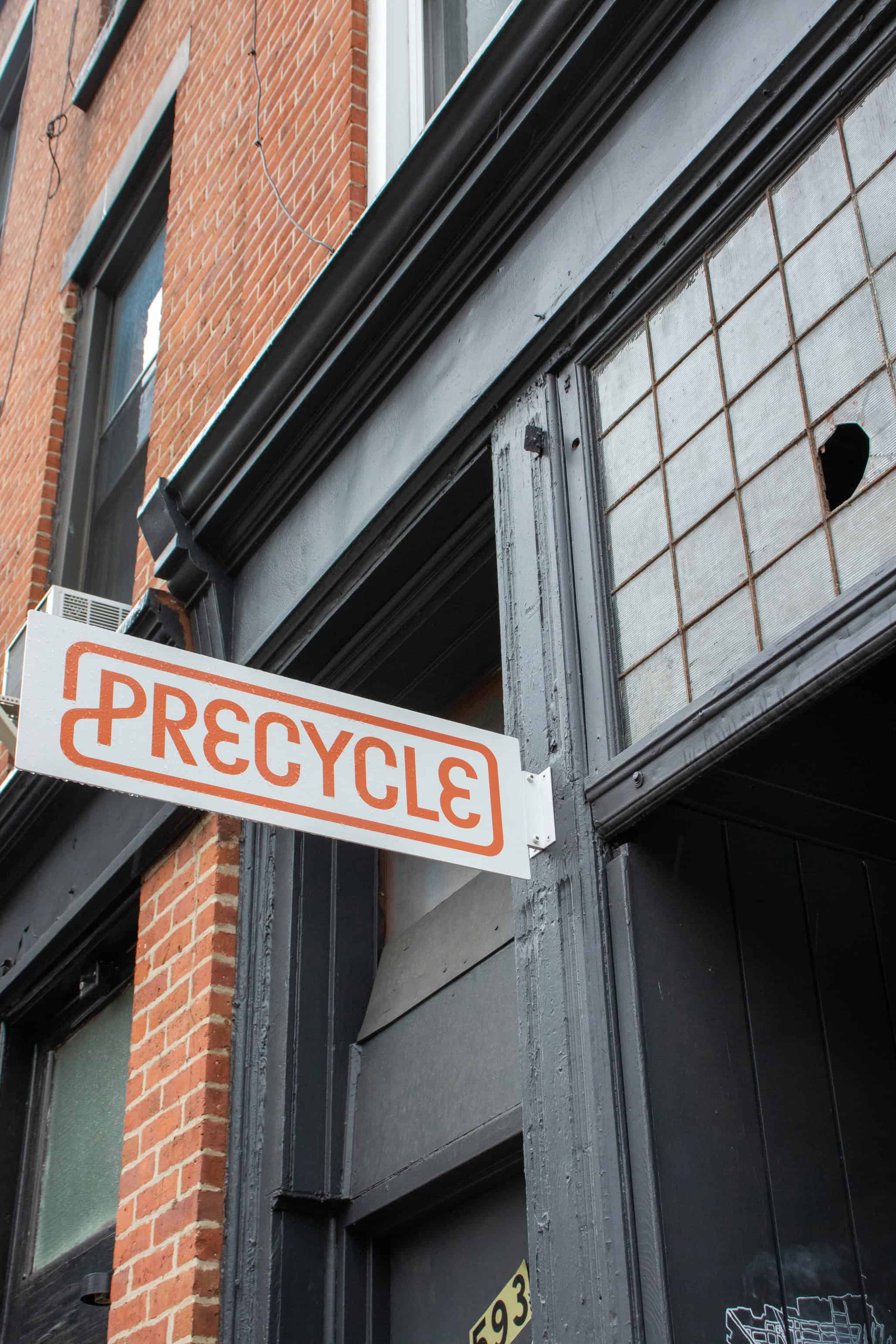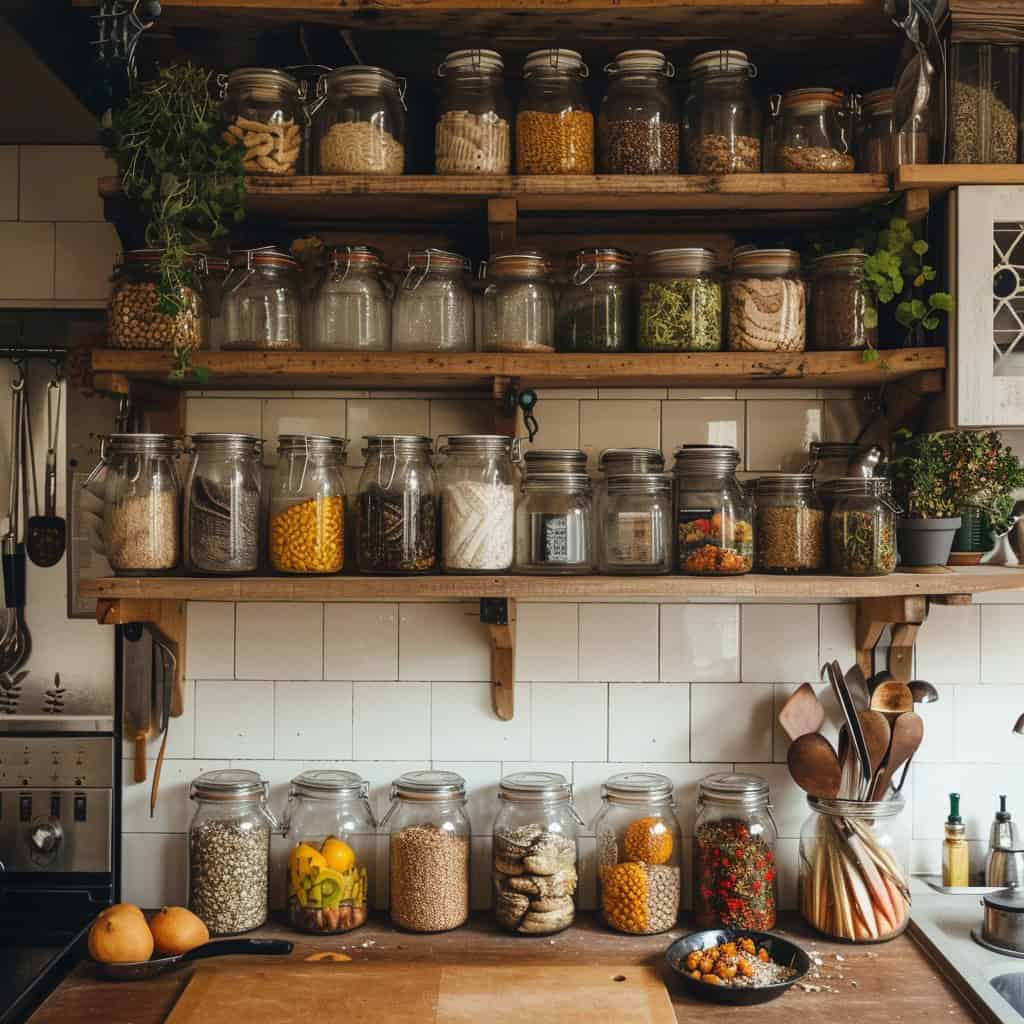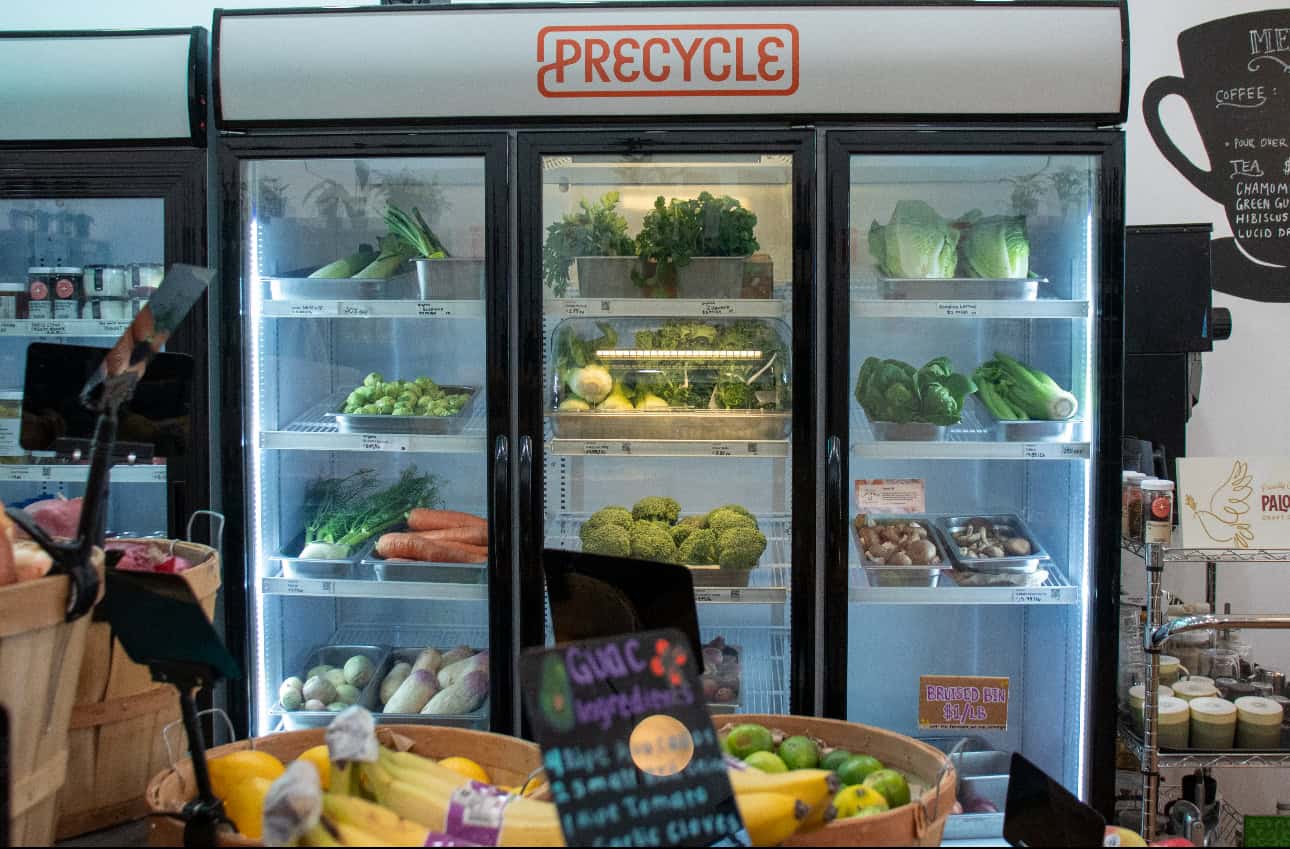
Zero-Waste Kitchen: Tips and Hacks
Mylea Braun
In today’s world, where environmental consciousness is increasingly becoming a priority. The concept of a zero-waste kitchen has emerged as a beacon of sustainable living. As we strive to minimize our ecological footprint and adopt more mindful consumption practices. The kitchen offers a pivotal battleground where we can make a significant impact. Mastering a zero-waste kitchen isn’t just about reducing the amount of trash we produce. It’s a holistic approach to cooking that emphasizes resourcefulness, creativity, and conscious decision-making. Here, we explore tips and hacks for mastering a zero-waste kitchen. Making conscious choices that benefit both the planet and our well-being.
Zero-waste kitchen means embracing Meal Planning, Smart Shopping, and Gardening
Meal planning is the cornerstone of a zero-waste kitchen. By planning meals ahead of time, you can better manage your grocery shopping. Minimize food waste, and ensure that you use ingredients efficiently. Start by creating a weekly or monthly meal plan based on seasonal produce and ingredients you already have on hand. This reduces the likelihood of impulse purchases and helps you buy only what you need. Cutting down on excess packaging and food waste.

Photo by Mylea Braun
When shopping, opt for package-free or bulk items whenever possible. Many grocery stores now offer bulk bins for grains, nuts, spices and dried fruits. Allowing you to bring your containers and fill them with the exact amount you need. Additionally, choose products with minimal or recyclable packaging to reduce waste further.
Reusable, package-free, and eco-friendly equals a zero-waste kitchen
PreCycle, with locations in Williamsburg and Crown Heights. Brooklyn, stands out in New York City as a beacon of zero-waste living and conscious consumerism. Offering a unique shopping experience. PreCycle prioritizes reusable, package-free, and eco-friendly products across a curated range of household essentials and groceries. All aimed at minimizing environmental impact and fostering a circular economy. At PreCycle Williamsburg, patrons are encouraged to bring their own containers, jars, and bags to fill with bulk items. Including grains, nuts, seeds, and cleaning supplies, effectively curbing single-use packaging and food waste. Similarly, the Crown Heights location incentivizes jar returns by offering store credit when jars are returned. Additionally, PreCycle extends its reach through online services, allowing customers to conveniently order products to their doorsteps.
Growing your own food is a rewarding practice that aligns perfectly with a zero-waste kitchen ethos. Whether you have a spacious backyard or a sunny windowsill. Cultivating herbs, fruits, and vegetables at home allows you to reduce reliance on store-bought produce. Cutting down on transportation emissions. Plus, it fosters a deeper connection to the food you consume and the environment around you. Even in urban settings, vertical gardens, community plots, and indoor hydroponic setups offer opportunities to nurture homegrown goodness.
Make Friends with Your Kitchen Scraps
In a zero-waste kitchen, every part of the ingredient counts, including kitchen scraps. Instead of tossing vegetable peels, fruit cores, and herb stems into the trash, repurpose them creatively. For example, vegetable scraps can be used to make flavorful homemade stocks and broths. While fruit peels can be infused into water for a refreshing beverage. Or used to make homemade citrus zest for cooking and baking.
Composting is another excellent way to deal with kitchen scraps. While enriching the soil in your garden or community green space. Invest in a compost bin or set up a compost pile in your backyard. To turn organic waste into nutrient-rich compost that can be used to fertilize plants. Reducing the need for chemical fertilizers.

Rediscover the Art of Preservation
Preservation techniques such as canning, pickling, fermenting, and drying. Are not only practical skills but also valuable tools for minimizing food waste in a zero-waste kitchen. When fruits and vegetables are in season and abundant, consider preserving them for later use. You can make homemade jams, chutneys, and sauces, pickle vegetables for crunchy snacks. Ferment cabbage into sauerkraut, or dry herbs for seasoning dishes throughout the year.
Preservation not only extends the shelf life of perishable items but also preserves their nutritional value and flavor. Experiment with different preservation methods to discover new ways to enjoy seasonal produce and reduce food waste in your kitchen.
Invest in Sustainable Kitchen Essentials
Choosing sustainable kitchen essentials can significantly impact your journey towards zero waste. Opt for durable, high-quality kitchen tools and utensils made from eco-friendly materials such as bamboo, stainless steel, or glass. Replace single-use items like plastic wrap, aluminum foil, and paper towels. With reusable alternatives like beeswax wraps, silicone lids, and cloth napkins.
Thrifting isn’t just for clothing and furniture—it’s also a fantastic way to furnish your kitchen sustainably. Instead of purchasing brand-new kitchen gadgets and cookware, explore thrift stores, garage sales, and online marketplaces for gently used items. Not only does thrifting save resources and reduce demand for new products. It also adds character to your kitchen with unique finds. Give pre-loved pots, pans, and utensils a new home that might otherwise end up in landfills.

Practice Mindful Consumption and Waste Reduction
Ultimately, mastering a zero-waste kitchen is as much about mindset as it is about practical habits. Practice mindful consumption by being aware of your food choices, portion sizes, and eating habits. Cook and serve only what you need, and store leftovers properly to avoid food spoilage and waste. Get creative with leftovers by incorporating them into new dishes or repurposing them for future meals. Reduce single-use packaging by buying in bulk. Bringing your reusable bags and containers, and supporting local farmers markets and zero-waste stores.
Encourage friends and family to join you on your zero-waste journey by sharing tips, recipes, and resources for sustainable living. The ethos of a zero-waste kitchen extends beyond consumption—it’s about community and collaboration. Participating in Buy Nothing groups or swap meets allows you to give and receive items within your local community. Whether it’s surplus produce from your garden, kitchen tools you no longer need, or ingredients you won’t use. These platforms facilitate exchanges that benefit everyone involved. By embracing a culture of sharing and reciprocity, you not only reduce waste. But also foster connections and solidarity within your neighborhood.

Photo by Mylea Braun
Mastering a zero-waste kitchen necessitates a blend of mindful planning, resourcefulness, and conscious consumption. Through the adoption of sustainable cooking practices, the minimization of waste, and the prioritization of eco-friendly choices. Individuals can significantly diminish their environmental impact while paving the way for a healthier planet for generations to come. Let’s bear in mind that every small change contributes to the larger goal. Creating a more sustainable and resilient food system, empowering us to make a positive difference, one kitchen at a time.
Share this post
Mylea’s first memories are of a camera — being in family photos and capturing the moment. Ever since then, she has been a creative in any format she can get her hands on. Photographs, drawing, writing, mixed media — she loves it all.
Based in New York, Mylea is now a freelance photographer and marketing specialist. She earned her bachelor’s degree in Photography and Related Media from the Fashion Institute of Technology.
Read Next



